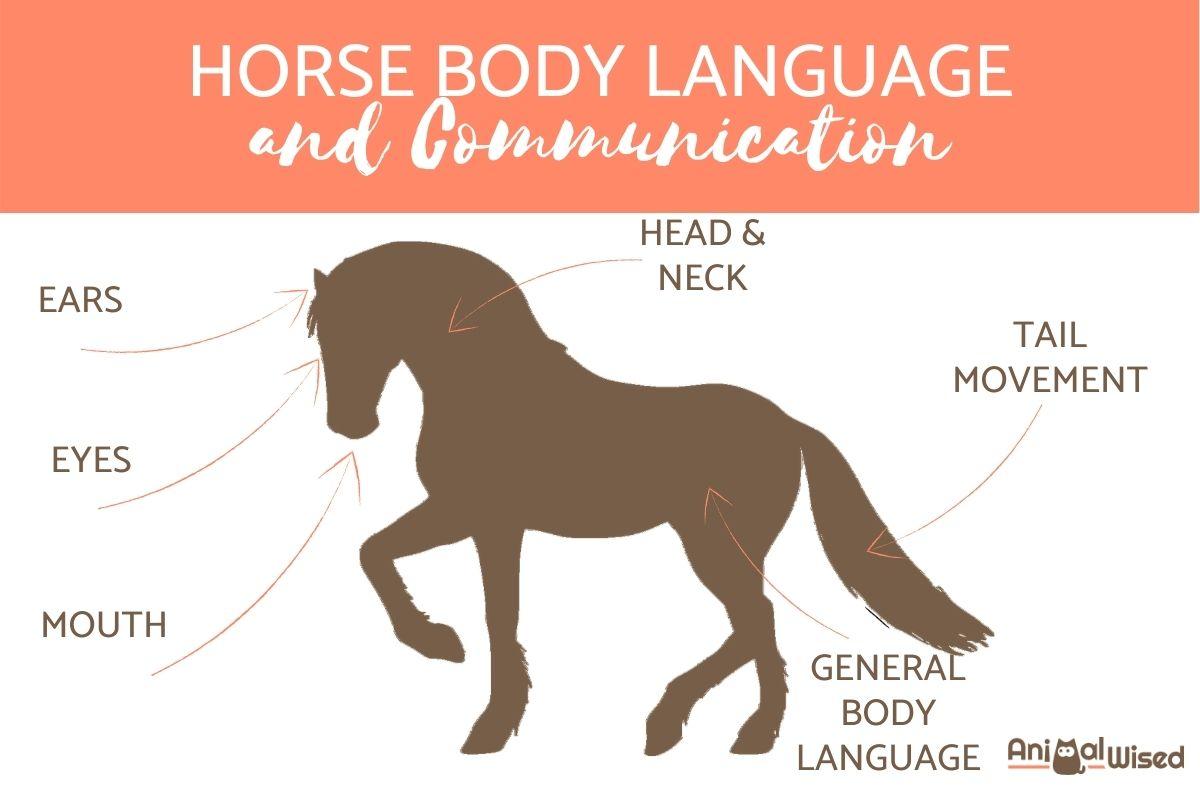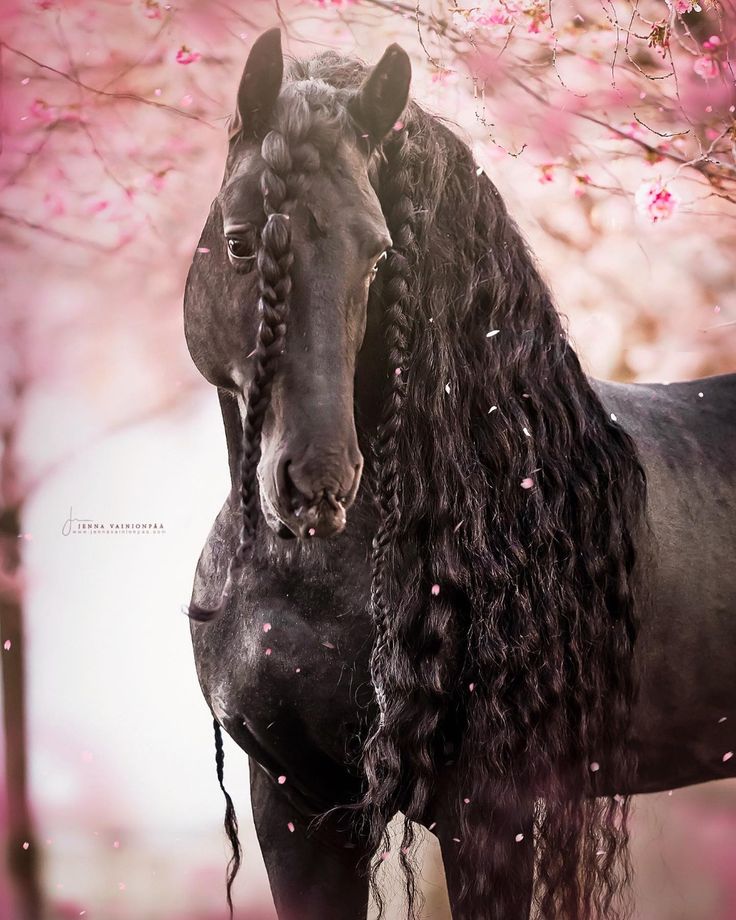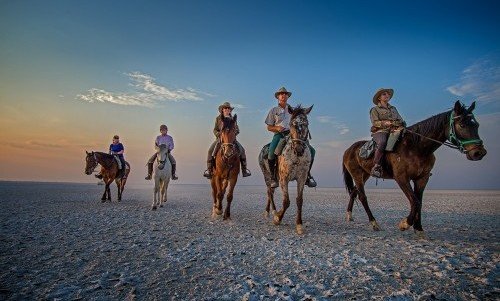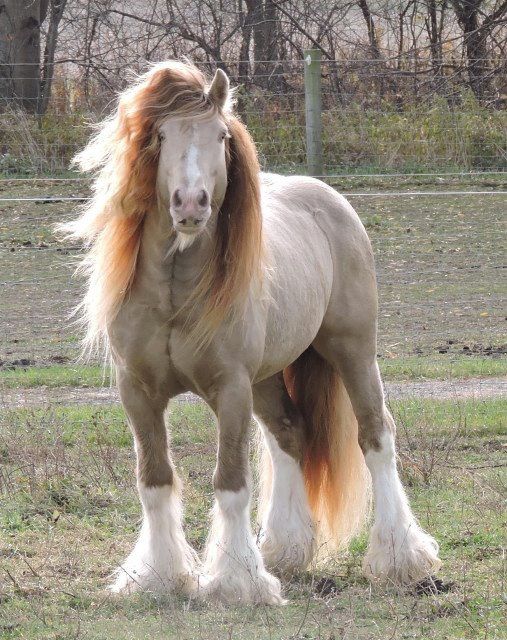As humans, we often overlook the intricacies of equine behavior and how it plays a crucial role in their survival in the wild. Horses are social animals that display a wide range of behaviors and communicate through body movements, vocalizations, and behaviors.
Here are some fascinating facts about equine behavior:
1. Horses are herd animals:
In the wild, horses live in groups called herds, and their survival depends on their ability to function as a cohesive unit. Each member of the herd has its role, and they work together to ensure the safety and well-being of the group.
2. Horses have a hierarchy
Within a herd, horses have a hierarchical system, with one horse at the top being the dominant leader. Dominance is not based on aggression but rather on a series of rituals and behaviors that establish the horse’s position in the group.
3. Horses display a range of body language
Horses use body language to communicate with each other and with humans. Their ears, tail and head position provide clues about their emotional state and intent.
4. Horses yawn to release tension
If you’ve ever been around a horse, you may have noticed them yawning. Yawning is a sign of relaxation and is used by horses to release tension.
5. Horses have a strong flight instinct
Horses have a well-developed flight instinct, which is essential for their survival in the wild. They have an acute sense of hearing and vision, and they can run at high speeds to escape danger.
6. Horses are sensitive to touch
Horses are highly sensitive to touch and respond well to gentle and consistent handling. They also enjoy grooming, which helps to strengthen their bond with their handlers.
7. Horses have a strong memory
Horses have excellent long-term memories, and they can remember things that happened years ago. They can also recognize individual humans and other horses they have met previously.
In conclusion, understanding equine behavior is essential for handling and caring for horses. It is fascinating to observe these animals and their complex behaviors in their natural environment or when working with them. By learning and respecting the way horses communicate, we can develop a deeper connection with these beautiful animals.











